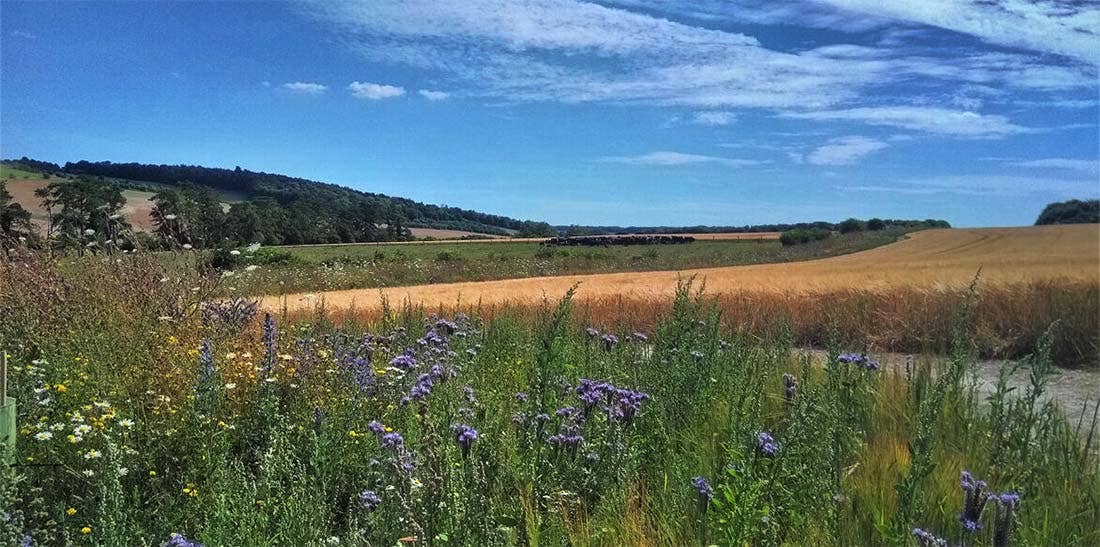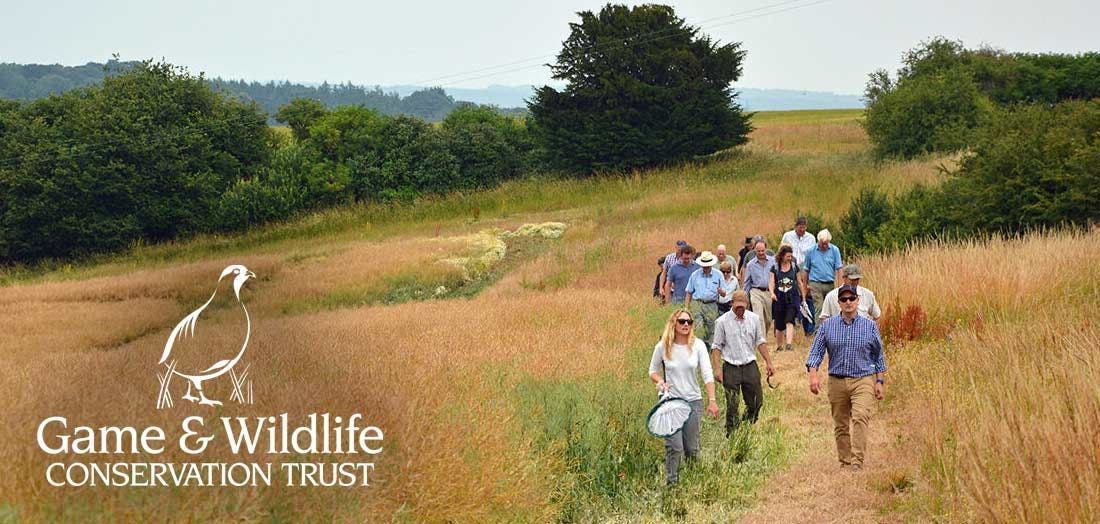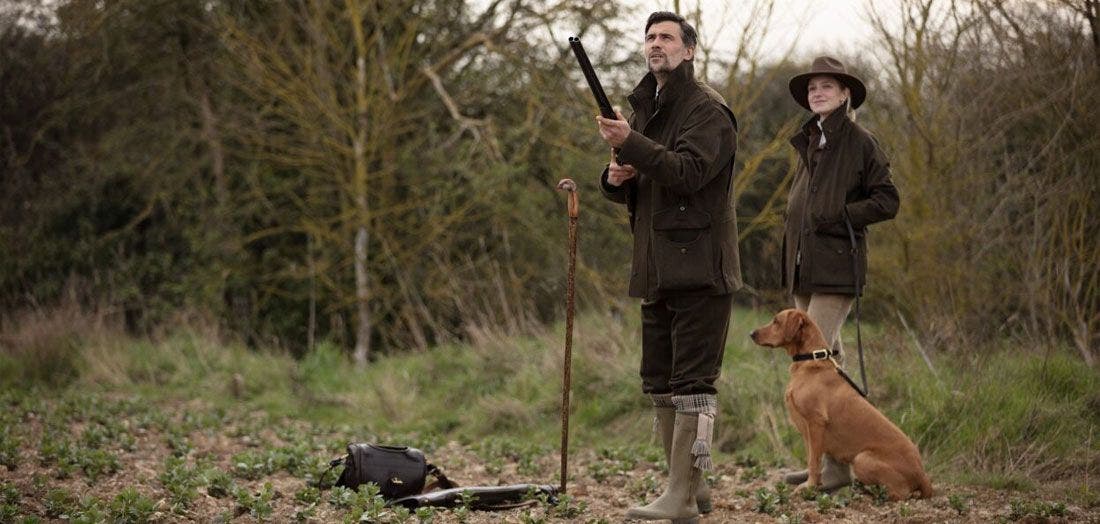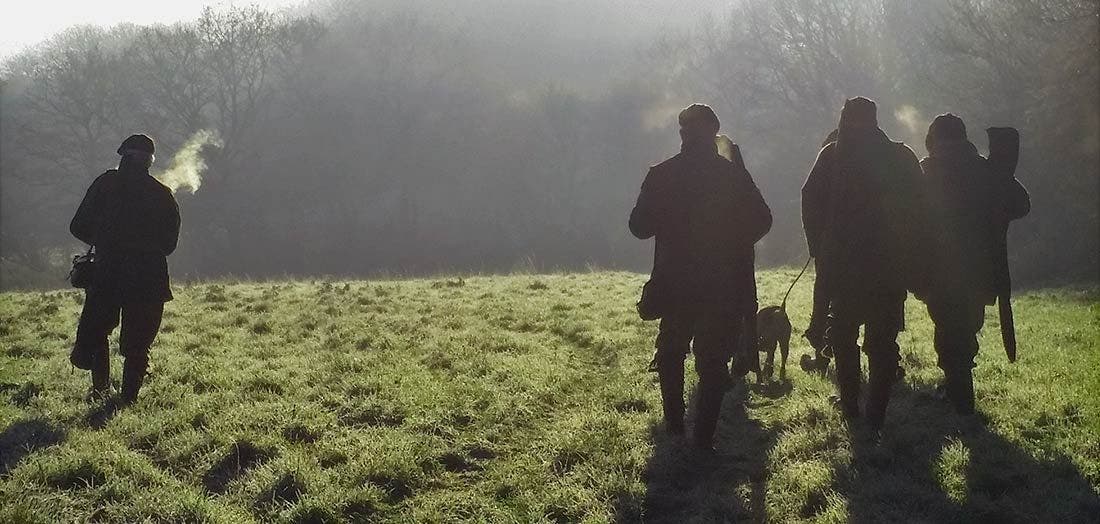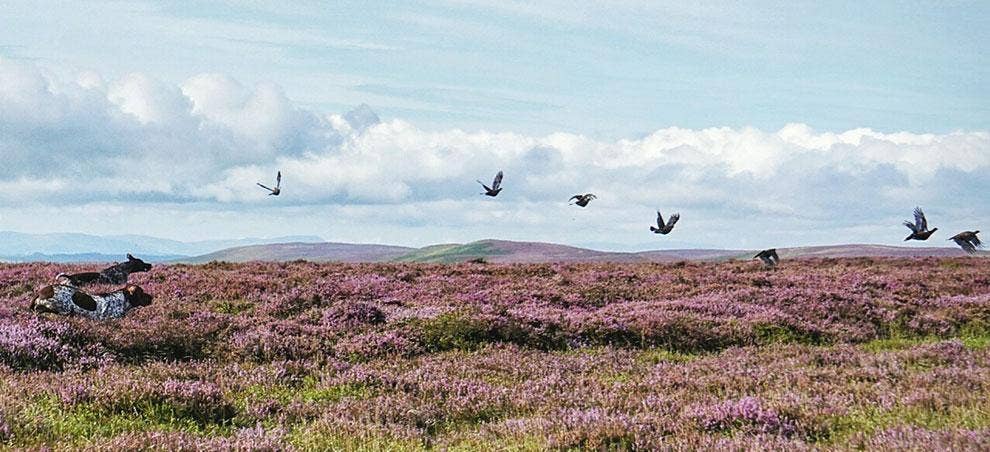The Game and Wildlife Conservation Trust is one of four environmental charities supported by Farlows. In my first article I discuss the charity, its work and the countless projects it’s been involved in to protect nature, wildlife and to help reverse biodiversity decline.
80+ YEARS OF GROUNDBREAKING SCIENCE & WILDLIFE RESEARCH
As the UK’s leading independent wildlife research charity, the GWCT is uniquely placed to incorporate the pioneering approach of private land managers or Working Conservationists into national conservation policy. It recognises that if the Government is to hit its biodiversity and climate change targets, we need to focus on the 72% of the landscape that is farmed. With only 8%, nature reserves will never be enough on their own.
For more than 80 years, the GWCT has worked closely with farmers and gamekeepers to publish groundbreaking science much of it relying on practitioner evidence, including some of the longest-running game and wildlife monitoring projects in the world.
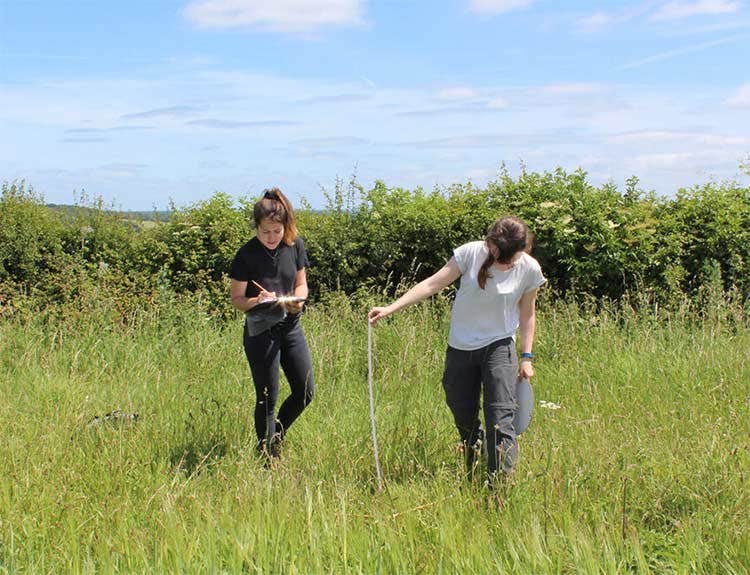

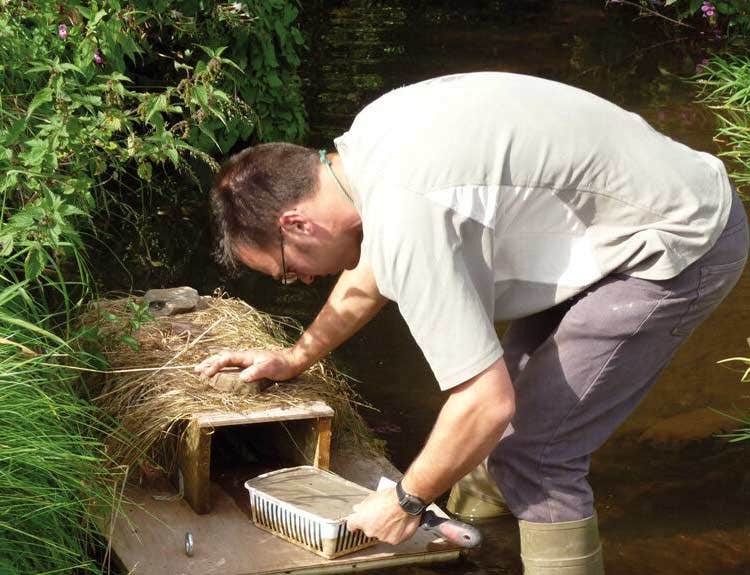

STUDYING CHANGES IN FARMING
For example, the Sussex Study running continuously since 1968, has been instrumental in highlighting the impact of changes in farming on the arable ecosystem. Our long-term monitoring of these changes documents both advances in technology and the effects of agricultural and environmental policy. Information gleaned from the study is of national importance and has been instrumental in the development of conservation headlands, beetle banks and other measures designed to recover biodiversity alongside profitable farming.
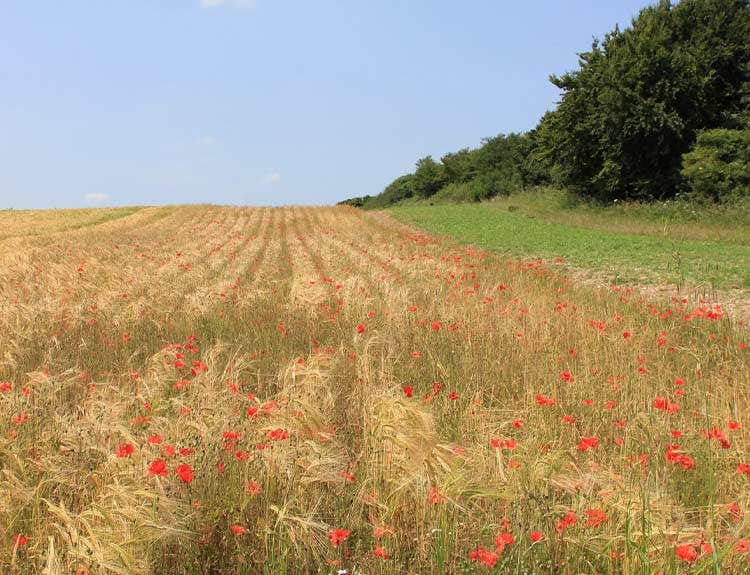

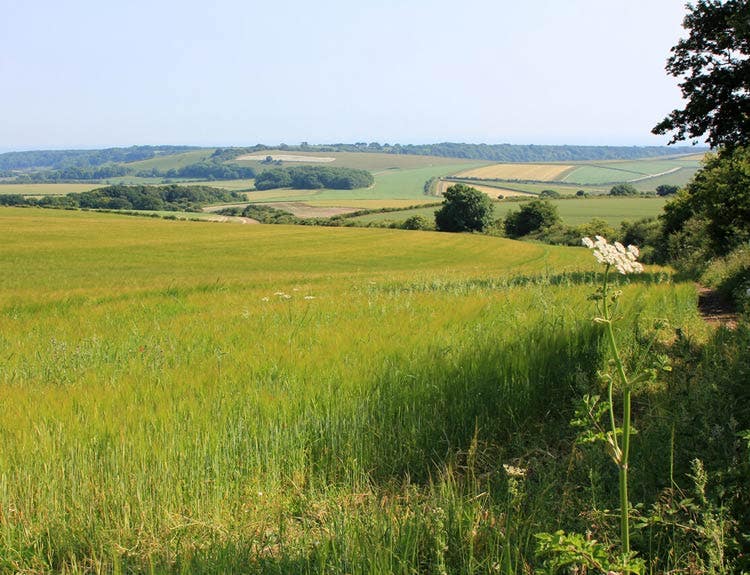

AN EVIDENCE-LED APPROACH
Foremost a scientific body, the GWCT employs 22 post-doctoral scientists and 50 other research staff with expertise in birds, insects, mammals, farming, fish and statistics and it is not afraid to change its advice based on new findings from its peer-reviewed research. As a result of this evidence-led approach, statutory bodies including Defra, Natural England, Scottish Natural Heritage and Natural Resources Wales have based much agri-environment policy on GWCT research. The Trust is also responsible for a number of Government Biodiversity Action Plan species and is lead partner for grey partridge and joint lead partner for brown hare and black grouse.
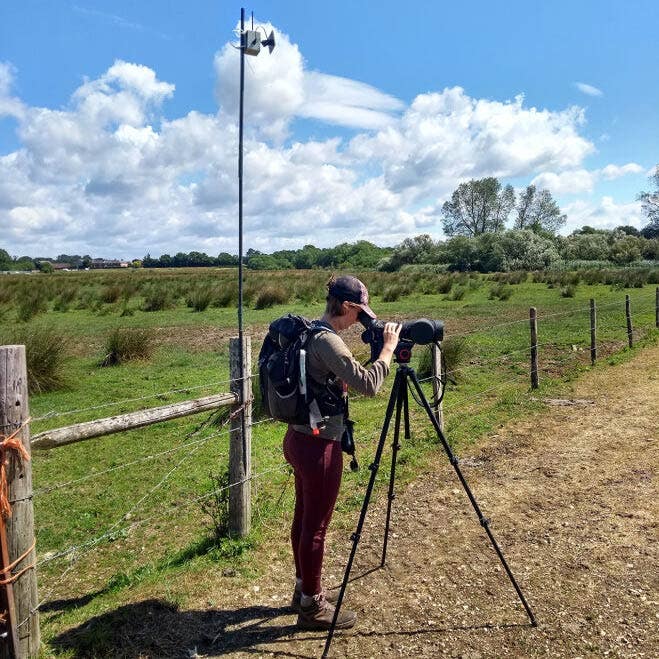

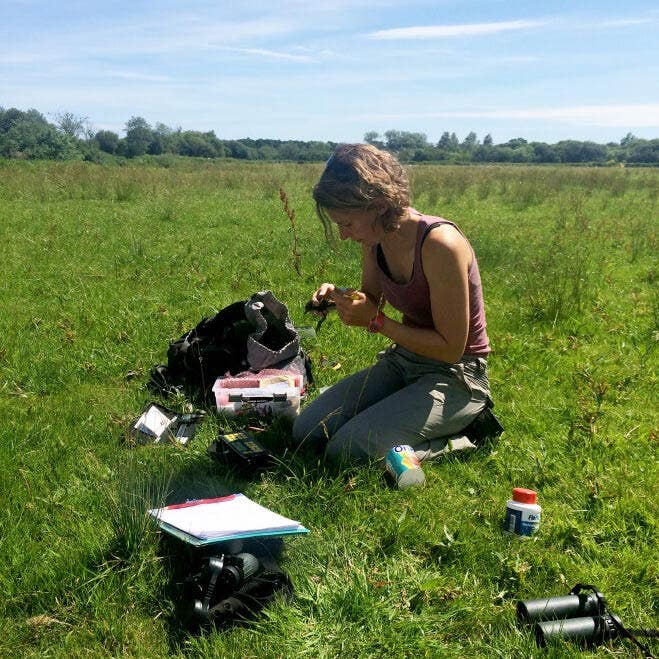

THE ALLERTON PROJECT
In addition, our 320-hectare demonstration arable farm at the Allerton Project in Leicestershire allows research to be applied in the context of real farming businesses. Its work covers natural capital accounting, game management, agri-environment schemes and regenerative farming systems including pioneering research projects in collaboration with companies and scientific organisations across the country and throughout Europe.
Its award-winning visitor centre welcomes businesses, policymakers, non-government organisations, regulators, farmers, advisors, students and schools. As part of its educational outreach, the Allerton Project is currently providing training on land management for DEFRA staff. In Scotland, the Trust’s demonstration hill-edge sheep farm Auchnerran in Aberdeenshire also undertakes a programme of research alongside regenerative farming and game management.
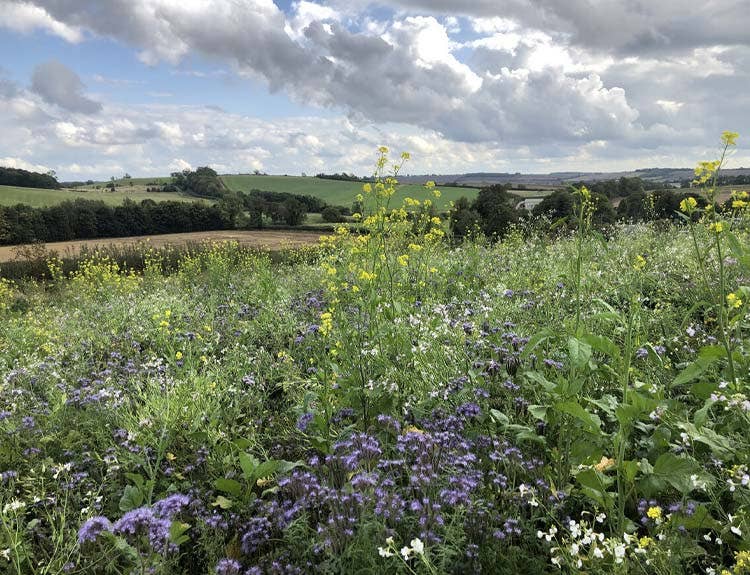



PROACTIVE LAND MANAGEMENT
The farm at Auchnerran is adjacent to moorland and a significant focus of the Trust’s research and policy work is focused on grouse moor management. Decades of GWCT research have shown the benefit of land management and predator control to some of the UK’s most threatened bird species as well as the importance of heather burning as a tool in the fight against the increasing risk of wildfire.
This evidence-based position goes to the heart of the GWCT’s approach which recognises that while the current trend for rewilding the uplands has a place, land abandonment can have negative consequences. In the context of the highly managed landscapes of the UK, the Trust’s research shows that wildlife recovery, clean water, net zero and food security will only be achieved through proactive land management.
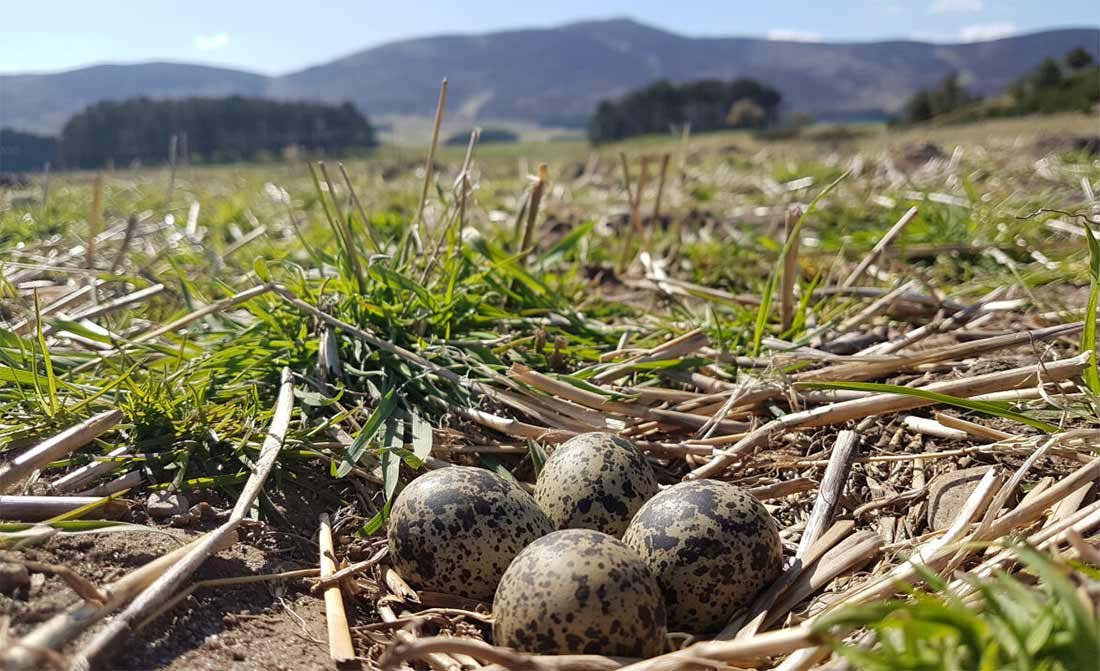

HELPING TO REVERSE BIODIVERSITY DECLINE
Moreover, GWCT projects show that where land managers are inspired to respond voluntarily, rather than through compulsion, with the benefit of good advice, flexible schemes and adequate funding, better outcomes can be achieved. Specialist knowledge is a key ingredient for success, and the GWCT’s advisory service provides practical advice on the ground.
Cooperative working where GWCT advisors and scientists support private land managers have resulted in many impressive examples of projects to reverse biodiversity decline. These range from the successful reintroduction of water voles on a tributary of the River Monnow, to the Waders for Real project which doubled the number of pairs of breeding lapwing in the Avon Valley reaching 122 in just seven years.
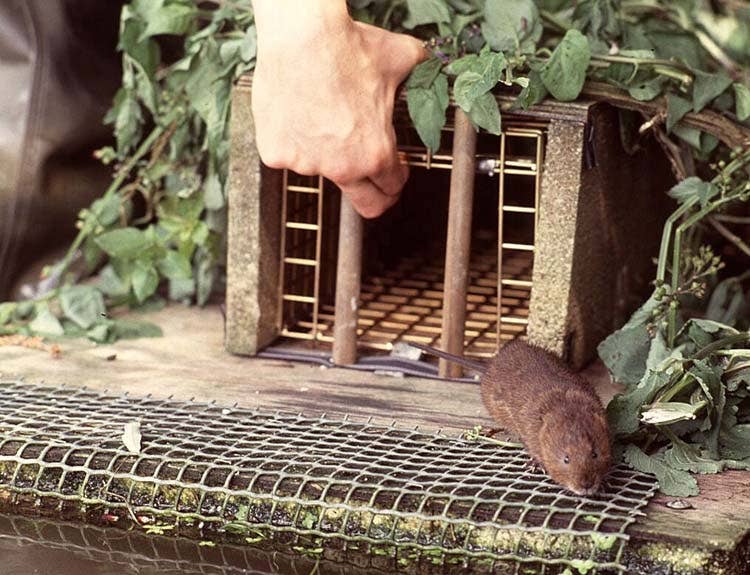

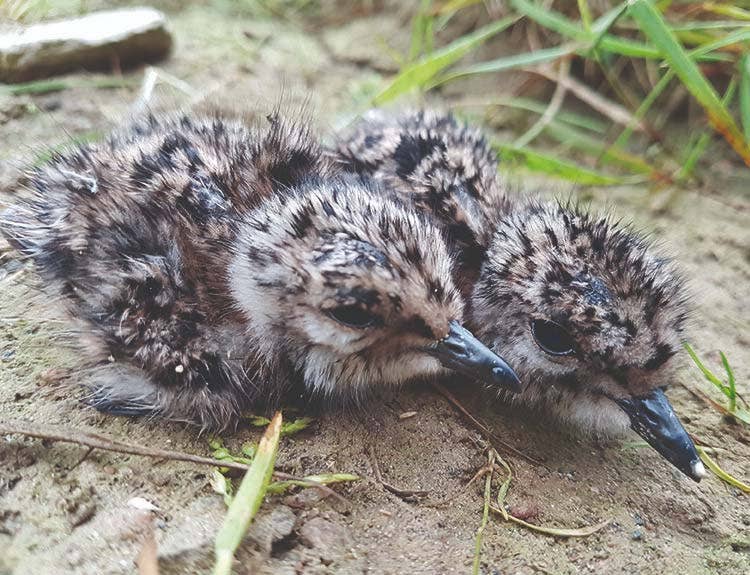

FARMER GROUPS WORKING TOGETHER FOR NATURE
Building on such successes, in 2013 GWCT helped establish the first Farmer Cluster, a group of neighbouring farmers with an interest in working together to achieve nature recovery. More recently this has developed into the Environmental Farmers Group (EFG) set up by groups of farmers in Hampshire, Wiltshire and Dorset to deliver highly assured, coordinated environmental projects on a multiple catchment scale.
The pioneering cooperative currently comprises over 220 farmers covering 110,000ha (over 1% of the UK’s farmed area) and is growing quickly in other parts of the country including North Lincolnshire, Northamptonshire, Devon and Yorkshire. The EFG represents a blueprint for national nature recovery and GWCT provides vital support through convening, advisory, environmental auditing, catchment conservation plans and funding grant applications. Similar groups have got going in the Peak District and Yorkshire Dales.
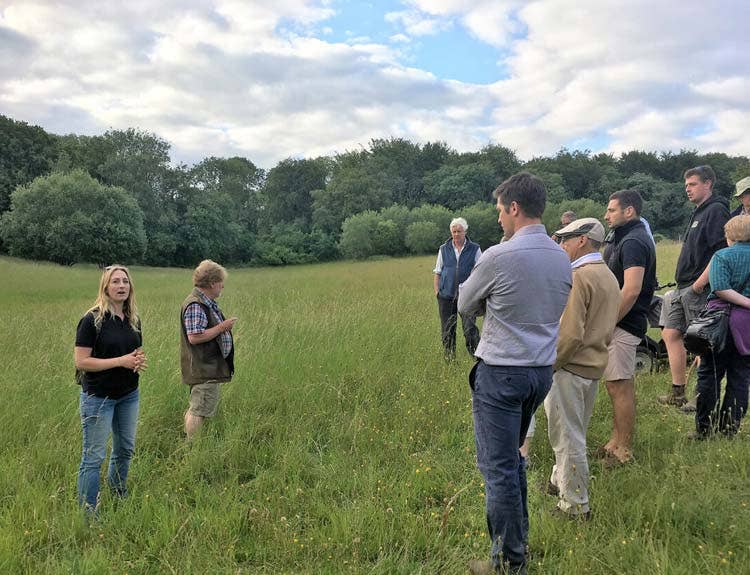



THE FUTURE OF WILDLIFE
Few organisations have the same degree of trust from land managers established over generations, and with ever greater pressure on the countryside to produce food, and deliver a range of public benefits, the future of our wildlife depends on that trust.
We’re delighted to be a key charity partner supported by Farlows, a brand whose standards and heritage fit closely with our own. If you would like to know more about what we do, please sign up to our free email newsletter by visiting www.gwct.org.uk/newsletter.
